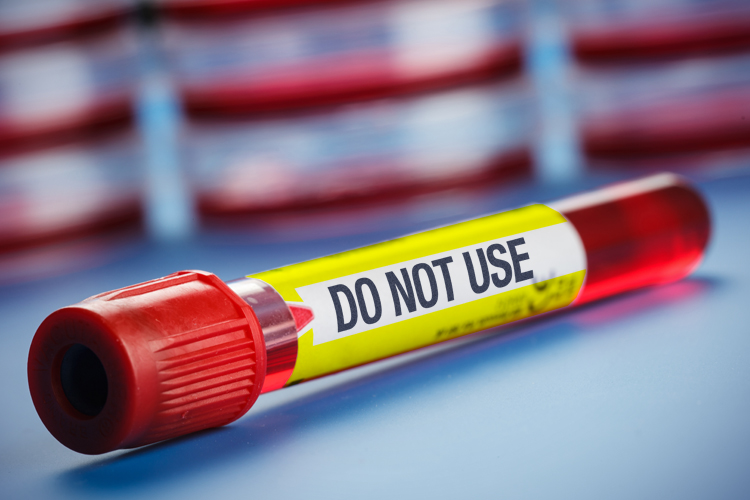The past few years have seen a remarkable surge of progress in both our collective attitudes and formal policies toward gay men and women. We have marriage equality in multiple states. A president who speaks of gay rights in his inauguration speech. Athletes and country music stars and Emmys hosts who are proudly out. Tolerance as a top 20 hit. So why then are we still stuck in the ’70s when it comes to something as elemental as blood donation? If you are a man who has slept with another man any time since 1977, you are automatically out of luck if you want to be a blood donor. The FDA has permanently deferred men who have had homosexual sex from donating for the past 30 years.
One could to some degree understand the ban in the world of 1983, when the AIDS crisis was in its earliest days. Then, the causes and risks of HIV were still not fully known, testing was still unreliable and survivorship all but unheard of. But we live in a different world now, where the risks to blood donors are vastly different — and we have lived in that world for a very long time. We have been able to test for HIV in the blood and plasma for 28 years. We have not had an HIV transmission via infusion in 26. Yet today, gay men are still considered a “highest-risk blood-donor category.” As Mike Darling of Men’s Health puts it, “Even with a clean bill of health, a gay man is considered more of a threat to the blood supply than a straight man who was treated for Chlamydia, syphilis, gonorrhea, venereal warts, and genital herpes within the past year.” And that’s what makes it so ridiculous and insulting and shaming — it treats gay men (or men who’ve just experimented sexually with other men) as permanently unworthy, while conspicuously ignoring other categories of sexually active adults. In an email to the Boston Globe last week, an FDA spokesman casually explained that gay men fall into the same deferral category as “intravenous drug abusers and commercial sex workers.” Even now, after all this time, gay men’s blood is seen as ominously dangerous.
The AABB, America’s Blood Centers (ABC) and the American Red Cross have for the past seven years argued that “the current lifetime deferral for men who have had sex with other men is medically and scientifically unwarranted” and that there “is no sound rationale … for a near lifetime deferral.” And last month, the American Medical Association likewise declared that the ban should be lifted, saying, “The ban on blood donation for men who have sex with men is discriminatory and not based on sound science.” It went on to advise that “blood donation bans or deferrals are applied to donors according to their individual level of risk and are not based on sexual orientation alone.”
But the times may finally be changing. Last week, 53 cities across the country lined up in the first Gay Blood Drive to “bring attention to the ban and increase pressure on the FDA to lift it.” The movement’s lead organizer, Ryan James Yezak, is currently making a documentary tracing the “medically unwarranted” ban. The results were as expected – writing in Vice, Jamie Lee Curtis Taete told how he was turned away by a nurse who explained, “Unfortunately, since you have had sexual contact with another male, that’s a deferral.” On the plus side, however, the action has sparked a national conversation and passionate support.
While gay men are being turned away because of outdated and senseless fears about tainted blood, patients who actually need the stuff are languishing. This week alone, blood shortages made headlines in Indiana, Nebraska and Massachusetts. In times of obvious need, preventing healthy, viable donors from givng blood is senseless and wasteful and utterly cruel. And as NYU Langone Medical Center head of Medical Ethics Art Caplan wrote for NBC News earlier this week, “It is long past time to let those who want to help others by donating blood do so.”


